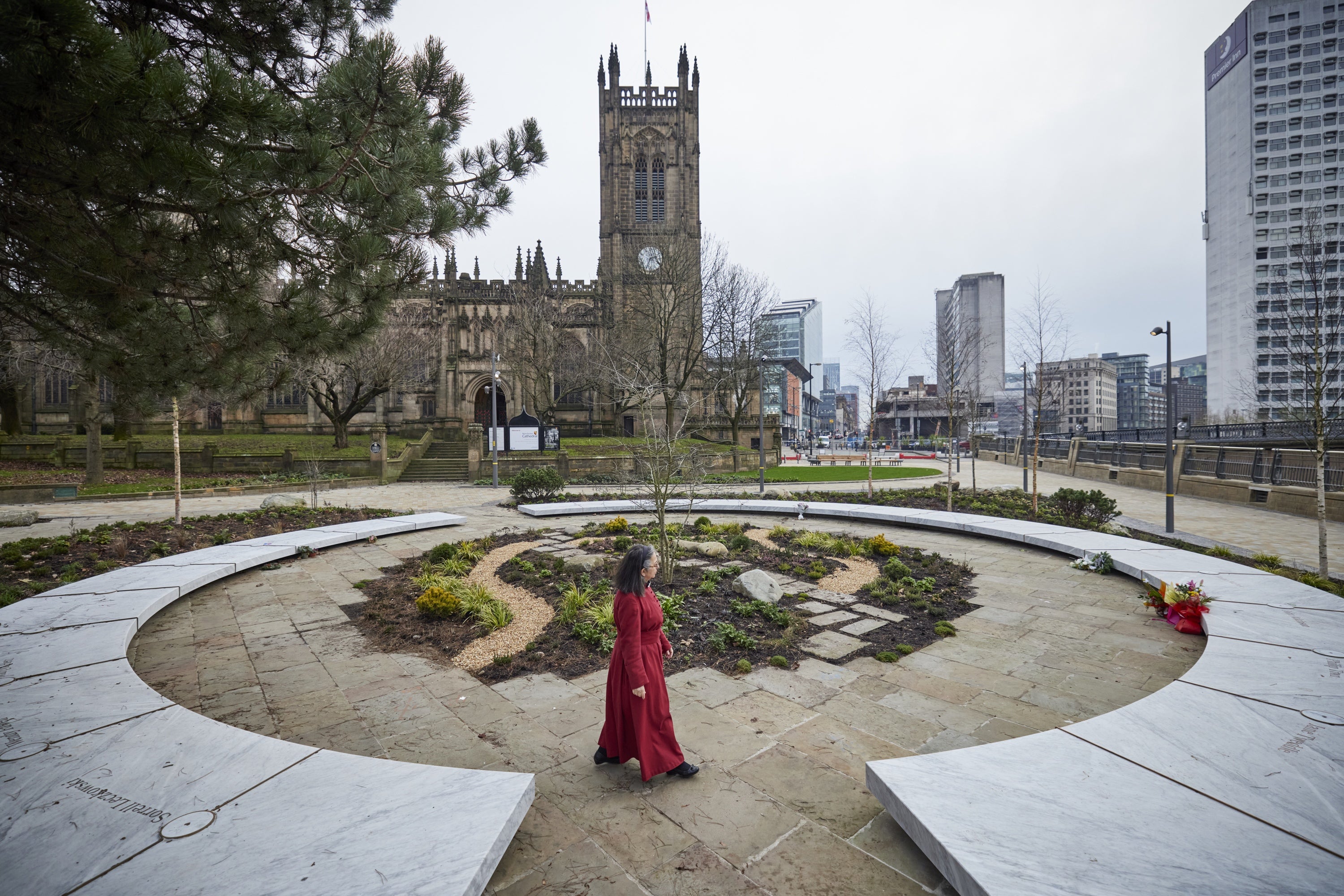Help given to young Manchester Arena attack survivors often ‘added to trauma’, research finds
One teenager was asked for detailed descriptions of what she’d witnessed; another was told to ‘crack on’ with her life. Now, new initative seeks to learn from mistakes...

Shortly after the Manchester Arena terror attack, survivor Ellie Taylor went to her GP in an attempt to process the trauma of what happened that night.
“I was 15 and I poured out my heart to her,” she said this weekend. “And I’m not exaggerating, her response was that I hadn’t been physically hurt, I was doing fine and to basically crack on with it. I was still sat there and she was opening the door for me to leave.”
Measures taken to help young people caught up in the May 2017 atrocity have often made their trauma worse, new preliminary research led by the National Emergencies Trust has now found.
GPs, school councillors, NHS therapists and charitable organisations have all too often been unable to comprehend the sheer scale of mental suffering experienced by those present, it suggests.
In one instance, a teenager awaiting a first therapy session was left in a room while a radio detailed news about the numbers of dead and injured. In another, a councillor repeatedly asked for detailed descriptions of what a youngster had witnessed.
On Monday, the NET will launch an online survey for young people at the arena that night to feed back on what support helped and what did not in the days, months and years after that attack.
The findings will be compiled into a report that it is hoped will inform how government, healthcare, educational and charitable organisations respond to the needs of teenagers caught up in major life-altering situations in future.
It is being led by Dr Cath Hill, a lecturer at Lancaster University who was present on the night of the bombing – in which 22 people were murdered – and who set up the Manchester Survivors Choir in the aftermath.
She said: “I know through my experience with the choir that young people affected have sought support in a range of places.
“Some of this was incredibly helpful, some of it missed the mark completely, while some measures taken inadvertently introduced more trauma.
“Five years on, it’s time to start to talk about this and make sure young people who experience similar events in the future get the best possible care.”
The survey itself has been drawn up in collaboration with nine survivors including Taylor, who is now 20 and a student at Liverpool Media Academy. Questions will specifically not include anything about the night itself.
Dr Hill said: “I had my own experience of having a therapist who said she knew what I was feeling because she had been in London during the September 11 terror attacks. Well, as an adult, I was in a position to say, actually, that is not in any way comparable. But, as a child or young person, hearing that is hugely damaging and can invalidate their emotions which leads them to stop seeking support so things get worse.”
She stressed that, while there were huge amounts of good work done by groups like the Manchester Resilience Hub, the new study would give survivors the opportunity to help shape a future best practice.
Mhairi Sharp, chief executive of the National Emergencies Trust, said: “Only those who have lived through an act of terror can truly understand the needs of those affected, which is why this project gives a vital voice to young Manchester survivors.
“The findings will inform the way our charity gives financial gifts to those affected by terror attacks but we hope it will also provide insights to enable all areas of society to provide the best possible support to children and young people who are affected by terrorism in future.”
The survey can be found at nationalemergenciestrust.org.uk/beethedifference
Join our commenting forum
Join thought-provoking conversations, follow other Independent readers and see their replies
0Comments